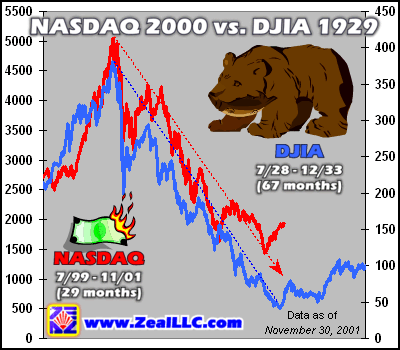TromboneAl said:Right, it will seem much worse if you run out of pot.
LOL! Lucky I have a birthday party for my son planned for tonight and a marguerita fueled restaurant dinner party planned for tomorrow! No one will be talking about the stock market, that's for certain.
Don't be disheartened by this dip. Take a look at the one year market chart, which is what I did this morning. It will give you perspective on the short term. So what if you lose a year's gain? This market could do anything next year. I only wish I hadn't made that IRA to ROTH conversion so I would have more cash to invest if this market keeps going down.

